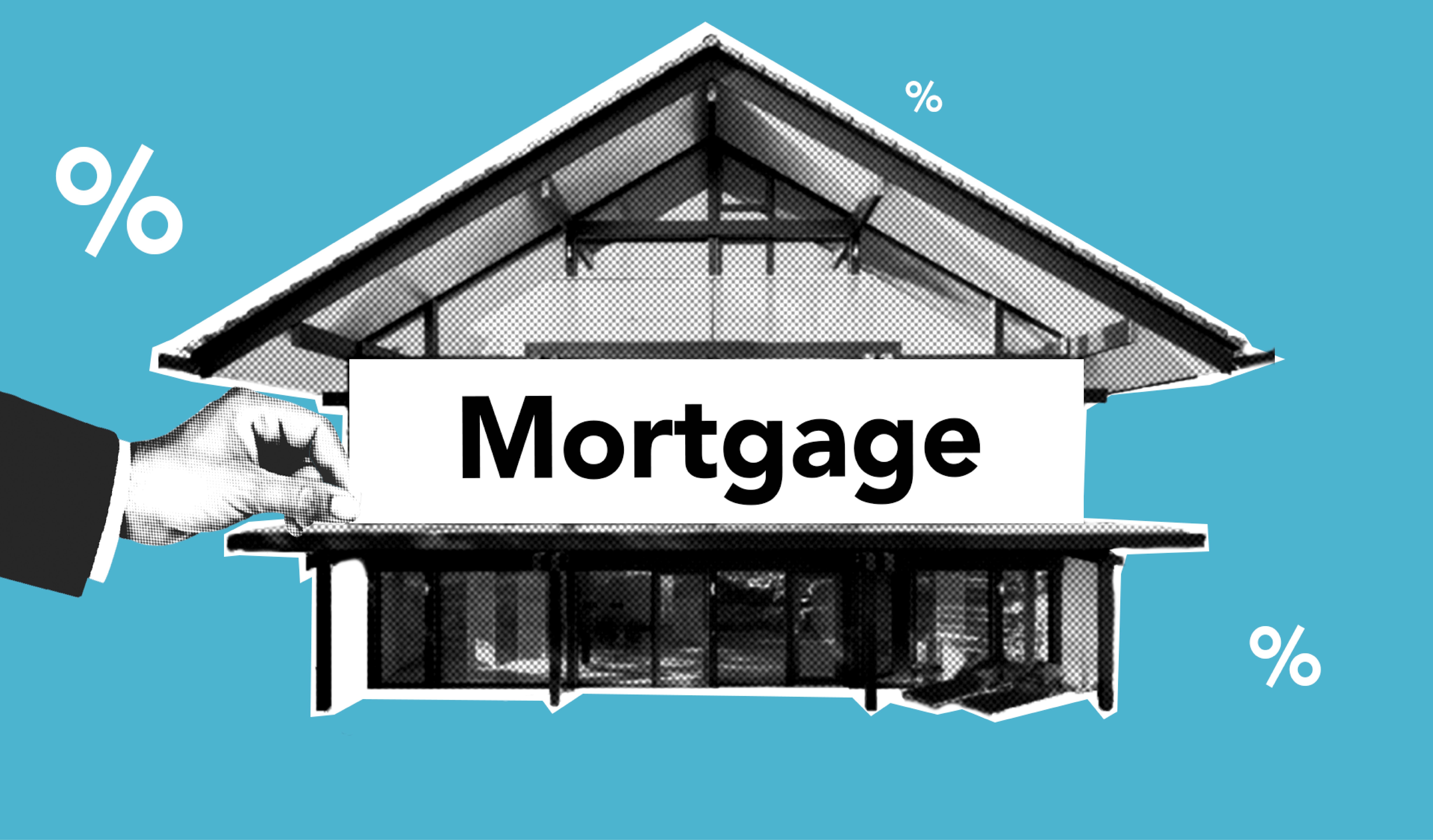UK Mortgage Approval Rise

by Brett Hurll
In recent developments within the UK's mortgage sector, there has been a notable increase in mortgage approvals, marking a shift after several stagnant months. Imogen Pattison, an assistant economist at Capital Economics, observed that the sector appears to have moved past its lowest point in terms of mortgage approvals. However, she cautioned that the demand for mortgages is expected to stay subdued, given that mortgage rates are not likely to drop significantly below 5% until the latter half of 2024. Predictions indicate that mortgage approvals for house purchases might only reach 570,000 in 2023, which would be the lowest figure since 2010.
The Bank of England reported that the average effective interest rate for new mortgages increased by 0.24 percentage points in October, reaching 5.25%, which aligns with the base rate. This rate has seen a considerable rise from the 3.1% recorded the previous year. Additionally, the average rate on existing mortgages experienced a smaller increase of 0.06 percentage points, reaching 3.2% in October.
RBC Capital Markets highlights that the monthly payments for average first-time buyers escalated by £38 from September to October, settling at £1,158. This represents a £212 increase over the past year, equating to a 12% rise. For individuals moving homes, the average monthly payment increased by £32 to £957.
Anthony Codling from RBC noted that these increasing mortgage costs have effectively neutralized the financial benefits from the recent national insurance adjustments announced in the autumn statement. Despite this, the rise in mortgage approvals is seen as a positive indicator for the housing market, particularly for housebuilders who have been dealing with lower-than-average sales rates.
In addition, there was a rise in the number of people remortgaging their homes in October, from 20,600 to 23,700. Homeowners are also repaying less of their mortgage debt, with only £100 million paid down in the last month compared to £1 billion in September. Banks have responded to these changes by offering options for households to switch to interest-only payments, aiming to alleviate some of the financial pressures.
Furthermore, the Bank's separate data showed an increased tendency among savers to deposit their money into banks and building societies, driven by the allure of higher interest rates. Total household deposits reached £4.6 billion last month, the highest since the previous November.
The overall borrowing by consumers has also remained robust, despite the increasing cost of interest rates. The total borrowing stood at £1.3 billion last month, slightly down from September's £1.4 billion. Of this, around £600 million was attributed to credit card loans. On an annual scale, credit growth in the UK has surged by 8%, marking the fastest expansion in five years.
World Liberty Seeks Federal Trust Charter
World Liberty Financial, the crypto venture backed by the Trump family, has applied for a US national bank trust charter... Read more
Saudi Banks Tap Overseas Markets
Saudi Arabia’s banks are borrowing from international markets at their fastest pace on record, as lenders try to squar... Read more
Amazon Continues To Cut 16000 Gone
Amazon has announced plans to cut a further 16,000 roles from its corporate workforce, extending the cost and organisati... Read more
The UK May Have A Voice In Ai
Europe’s AI sector has grown accustomed to playing catch-up. Capital has flowed more slowly than in Silicon Valley, va... Read more
Musk Applies Pressure To BT
Britain’s broadband market has spent the past decade locked in a familiar pattern. Incumbents invested heavily in fibr... Read more
Blackrock Sees EMEA Moving Into Private Assets
BlackRock has warned that investors across Europe, the Middle East and Africa are reshaping portfolios in response to wh... Read more

